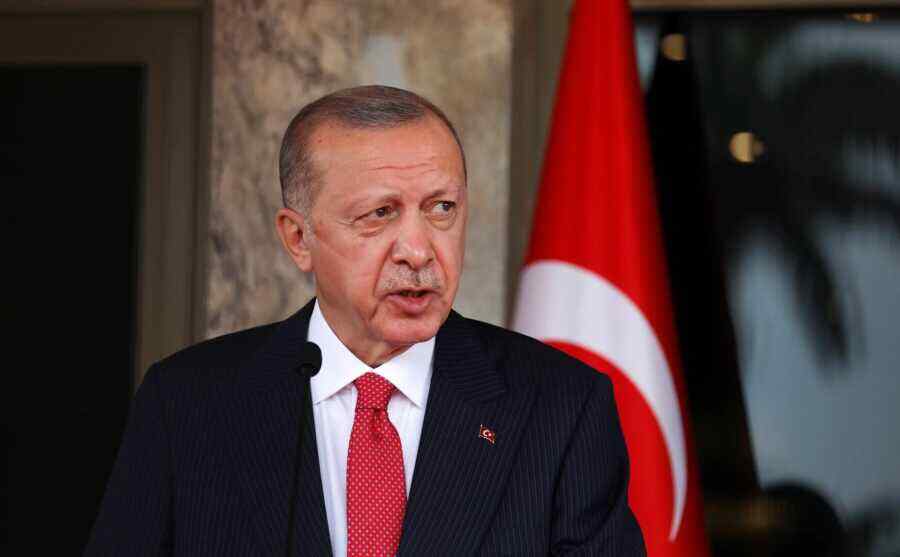Turkish President Recep Tayyip Erdogan has been broadcasting from high podiums and this is what he said.
Turkey, he said, is ready to fight back against any manifestations of terrorism along its southern borders. A month earlier, he had also pledged to prevent the “creation of terroristan” on those very borders.
Erdogan’s second assertion concerned the security of the Turkish-Iraqi border, which the Turkish leader promised to “finally resolve” this summer.
There is a sign that when the first person of the Republic of Turkey speaks a lot, but in a dosed manner, about a month or two later, a cross-border operation begins in the neighbouring country.
In Iraq, however, it did not end much. Since the end of December last year, the Turkish Air Force has been methodically striking local “branches” of the Kurdistan Workers’ Party, whose activities are considered terrorist in Turkey. But there have been no ground operations for quite some time.
As long as public attention is focused on the Palestinian-Israeli part of the Middle East, it is a good idea to cleanse the borders of undesirable elements. But one does not want to spoil relations with the Americans at all, and any Turkish military campaigns in the Syrian-Iraqi zone are not very well perceived abroad.
Especially after the recent incidents. Well, when the Turks launched a massive strike against the US Kurds in Syria in response to the US shooting down a Turkish drone circling over the US military, which has been planning to withdraw its troops from the region for years, but still no luck.
In Iraq, the situation may well be similar: you never really know who is hiding behind the Kurdish ammunition, and that is why not only the Turkish foreign minister but also the head of the National Intelligence Organisation is in the US these days.
Apparently, he came to find out whether the Turks will get the go-ahead for new manoeuvres after the “accidental” incidents in Syria or will have to wait until better times for the US and the Middle East.
Vladimir Avatkov, RT

